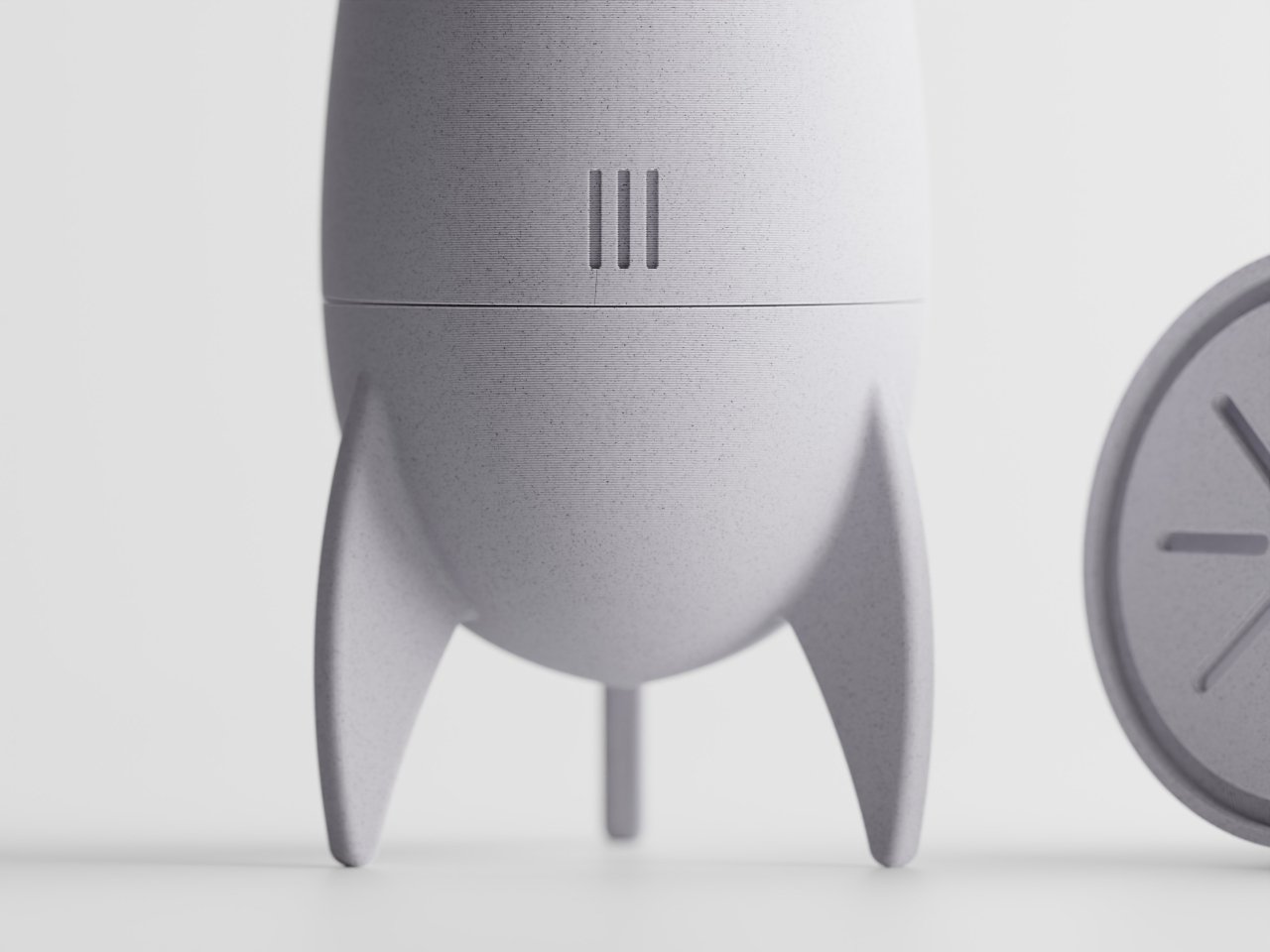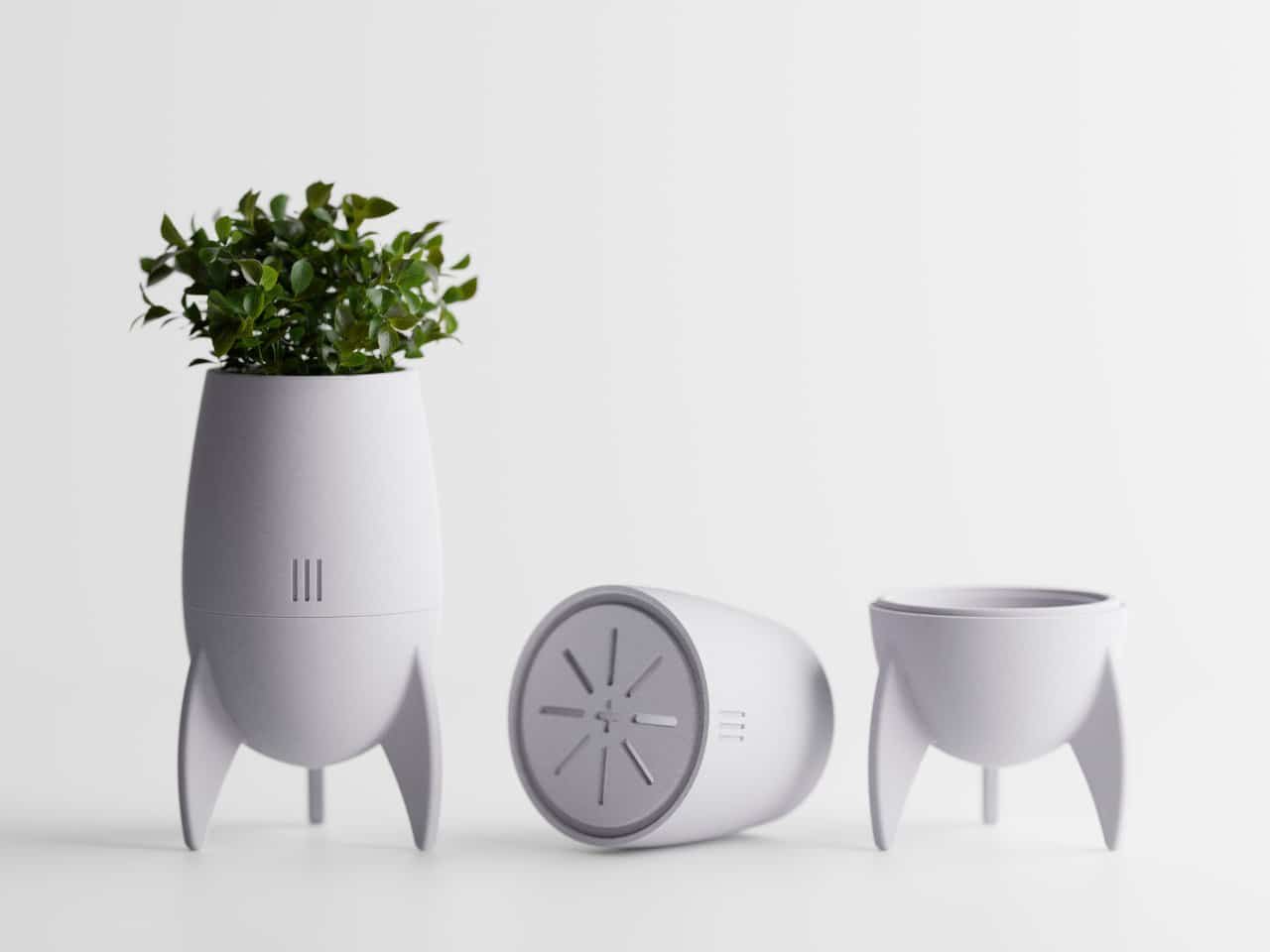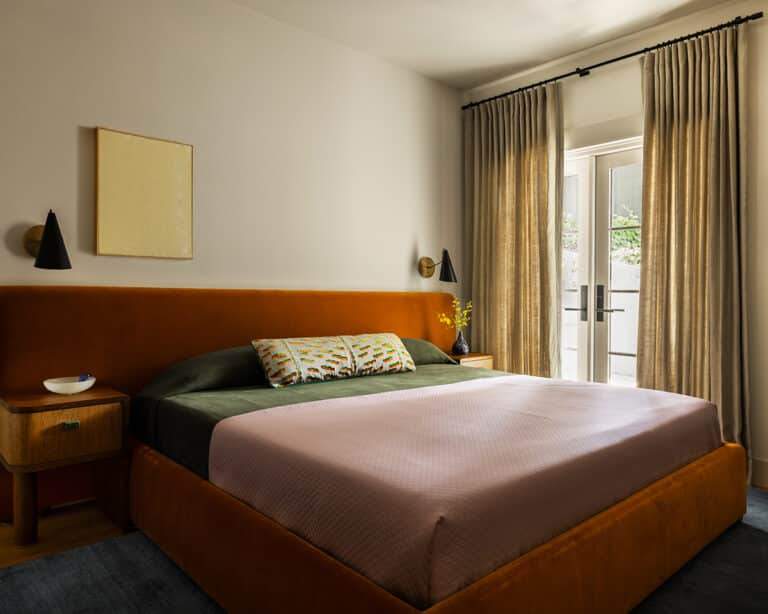Revitalizing Indoor Gardening: How Innovative Designs Can Transform Planters into Art Pieces
The Variety of Pots and Planters in Indoor Gardening
With the growing interest in indoor gardening, it has become clear to beginners and enthusiasts alike that the market for pots and planters is vast. The options range from simple ceramic pots with a modern touch to smart pots capable of self-watering. This variety allows each person to choose what suits their needs and décor style.
Function vs. Form: Is That Enough?
Despite this diversity, the majority of designs remain confined to two main styles: either focusing solely on functionality or leaning towards calm and simple designs that serve the purpose without drawing attention. However, sometimes, the plant corner in the home needs more than that — it needs an element of surprise or a creative touch that gives it a unique character.
Beyond the Traditional: Towards Innovative Designs
In this context, products are emerging that blend functionality with bold design. These include designs inspired by science fiction or elements of visual culture we recognize from movies and cartoons. This type of pot doesn’t just serve as a container; it offers a visual and intellectual experience that adds a new dimension to the relationship between humans and their plants.

Function-Based Design and Ease of Use
One of the prominent trends in modern pot design is the two-part composition, which combines attractive form with ease of use. For example, some smart designs feature a three-legged base that provides stability while maintaining a look that suggests movement or readiness — visual qualities that add liveliness to the plant corner.
In these models, the upper part resembles a “capsule” resting atop a base or “unit,” which facilitates watering, cleaning, and soil replacement without mess. The ability to separate the parts not only contributes to functionality but also enhances the user experience by involving them in the assembly process, linking plant care with tangible interaction with the tools.

Visual Cues in Design Inspired by Pop Culture
When discussing pot design, the role of intricate visual details in building a unique identity for the product cannot be overlooked. Some designs draw inspiration from classic science fiction, incorporating shapes like grooves that resemble ventilation openings or legs designed like fins — visual symbols that evoke memories of space vehicles and childhood rockets.
This type of detail isn’t included merely for decoration; it serves to convey a design message that expresses a playful spirit or attempts to connect plants with imagination and innovation. As a result, the pot evolves from being just a functional tool into a visual and cultural form of expression within the home décor.

Functional Considerations: Drainage and Root Care
While aesthetic appeal is important, the functional aspect remains a key element in pot design. Some modern models incorporate water drainage trays within the base, often designed with decorative patterns or shapes — such as a starburst motif — not only for aesthetic purposes but also to contribute to the efficient distribution and drainage of water.
This type of design directly helps protect the roots from rot and prevents moisture buildup at the bottom of the pot, positively impacting the plant’s health and the cleanliness of the surrounding area. Additionally, the variety of sizes in this category of pots offers greater flexibility to accommodate different types of plants, ranging from herbs to small leafy plants.

Blending Space and Design: The Relationship Between Plants and Creative Expression
When discussing indoor gardening, we cannot overlook the impact of imagination on our design choices. Many people do not view plants merely as a means of decoration but as an opportunity to express their passion for space and design in innovative ways. Like other elements in décor, plants can be a vehicle for expanding creativity.
Through designs inspired by rockets or spacecraft, plants can occupy a place in the home that represents a fantastical journey, taking us beyond just plant care to experience another dimension of the imagination. As such, using such designs contributes to adding a humorous or innovative touch, encouraging the infusion of fun and creativity into every corner of the home.









